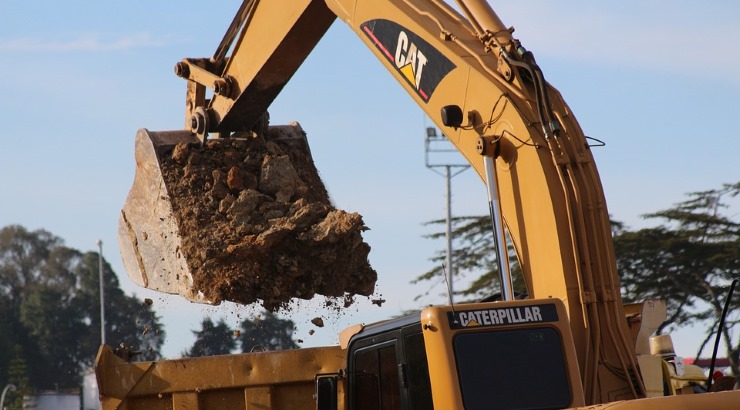Infrastructure
Kenya to Spend Sh100bn to Fix Crumbling Roads
Rising costs of roads rehabilitation is becoming a huge burden to the government.

The government will spend Sh98.4 billion to rehabilitate and upgrade roads and interchanges across the country this year in a massive infrastructure plan that seeks to enhance the economy’s ability to function and grow.
The Kenya National Bureau of Statistics in its recently released 2018 Economic Survey says that Sh103.3 billion is expected to be used for the construction of 1.5 thousand kilometres of roads in the 2017/18 fiscal year, pushing the total budget on roads to Sh201.7 billion.
“A total of Sh103.3 billion was expected to be used for construction of 1.5 thousand kilometres of roads while Sh98.4 billion was expected to be used for rehabilitation and upgrading of roads and interchanges,” reads the Kenya Economic Survey 2018.
During the period under review, the length of roads under bitumen is expected to increase by 42.3 per cent to 20.6 thousand kilometres from 14.5 thousand kilometres in 2016.
On the other hand, the trunk and primary roads under bitumen will increase significantly from 8.5 thousand kilometres in 2016 to 12.2 thousand kilometres in 2017.
The length of roads under earth and gravel almost doubled from 72.5 thousand kilometres to 140.8 thousand kilometres mainly due to reclassification of roads during the review period, according to the survey.
RELATED: State Unveils Plan for Kiambu Road Expressway
The rising costs of road construction and rehabilitation are becoming a significant burden to the government, which is working to fix its crumbling infrastructure without raising taxes or taking out huge loans.
As a result, the government is now scouting for private investors to build and operate toll roads in a move that is aimed at improving the expansion and maintenance of highways.
Some of the key highways earmarked for tolling include the Nairobi-Nakuru-Mau Summit road, Jomo Kenyatta International Airport (JKIA)-Rironi highway, the proposed Nairobi-Mombasa expressway, Nairobi Southern Bypass, Thika Superhighway, and a second Nyali bridge that will connect Mombasa Island to the mainland.
The highways will be built through a Public Private Partnership model, where investors build, maintain and operate a road for 15-20 years to recoup their investments before handing over the facility to the State at the end of the contract.
The Kenya National Highways Authority (KeNHA) director-general Peter Mundinia recently told the media that feasibility studies had shown that the private sector could help ease the country’s road infrastructure budget shortfall due to the lucrative yields in the toll road sector.
“We have decided to enlist the help of the private sector as public resources are not sufficient to build highways fast enough,” Mr Mundinia said.
Critics of the plan acknowledge that the government must find new ways to fund infrastructure projects but doubt the model will succeed locally.
“Kenyans will go out of their way to avoid the tolls. Vehicles will end up on minor roads not built for high volumes of traffic and this will see them getting torn up more quickly,” says Job Maina, a Nairobi resident.
There are also concerns that toll is a double tax on top of fuel levies and it will unreasonably hurt low-income drivers.














